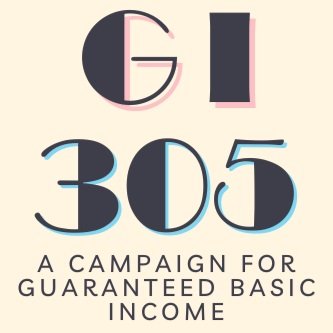Neglect, Reject, Auction, and Replace in Miami
In Miami-Dade, displacement has unfolded in a cycle of “Neglect, Reject, Auction, and Replace,” hitting marginalized communities hardest. For decades, working class neighborhoods have been systematically denied resources, from adequate housing to well-funded schools and healthcare. Demands for better support are consistently dismissed, leading to deteriorating public housing and vulnerable communities.
As property values dip, developers swoop in to buy land cheaply, pushing out longtime residents. This auctioning of neighborhoods shifts ownership to private, often foreign, investors, ultimately reshaping the community. Displacement in Miami is rooted in racial and class disparities and the history of this cycle is long. Redlining policies dating back to the early 1900s confined Black Miamians to small areas, and Haitian refugees faced intense hostility compared to other immigrant groups. Today, neighborhoods like Little Haiti bear the marks of this ongoing cycle, scoring high on Miami’s Displacement Index as gentrification accelerates.
GI 305 is actively exploring how cash support, through guaranteed income, can alleviate these harms by providing residents with greater financial stability and a stronger foothold in their communities. With Give Miami Day 2024 approaching, GI 305 is inviting donations to help advance this work and support long-term resilience in Miami-Dade’s most impacted neighborhoods.
